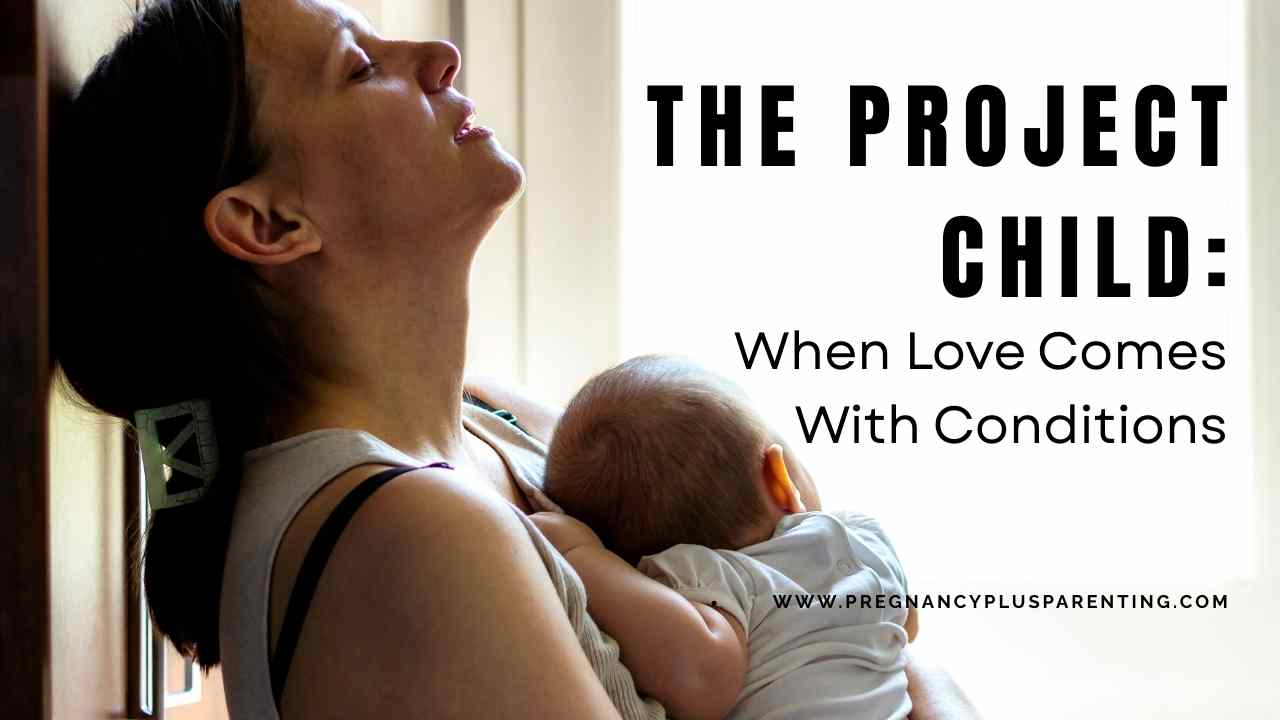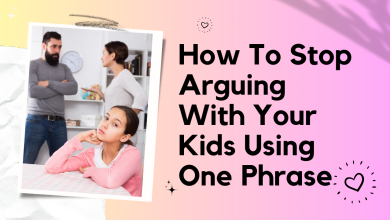The Project Child: When Love Comes With Conditions
How Conditional Love Shapes a Child’s Self-Worth
From the outside, she seems like a role model. Always there, always organized, seemingly tirelessly dedicated to her child. She knows the best schools, the most meaningful leisure activities, the healthiest meals.
Nothing seems to be left to chance. Other parents admire her, teachers praise her commitment, relatives call her “Mother of the Year.” But beneath this perfect surface, a much less glaring truth can lie: The child is not simply a loved one, but a project—carefully planned, controlled, and shaped according to the mother’s ideas.
Love with conditions
A child quickly senses whether they are loved for who they are or because they fulfill expectations. With a “project mother,” affection and recognition are often tied to performance and conformity.
Praise is given when there are good grades, when the behavior is “presentable,” when it is presented in a way that fits the mother’s image.
The child learns: I am only valuable if I do what she wants. This inner conviction is deeply ingrained and often stays with them into adulthood.
Love is not free and unconditional, but feels like a reward that must be earned.
The mother as director
A “perfect mother” in this sense is not just caring – she is a director.
Not only does she decide which hobbies are good, but she also carefully chooses her circle of friends, influences her clothing, and plans every hour of the day. The child becomes the main character in a script she never wrote herself.
Often, this isn’t done out of malice, but rather out of a firm conviction that they want “only the best.” But if this “best” is based solely on the mother’s ideas, there’s no room for the child’s wishes and needs.
Why perfection often has more to do with the mother than with the child
The drive for perfection is rarely simply a desire for nurturing. It often has deep roots in the mother’s past.
Perhaps she grew up in a home where mistakes weren’t allowed. Perhaps she herself had to fight hard for acceptance as a child.
Sometimes she tries to achieve through the child what was denied to her – a good education, social recognition, professional success.
The child then unconsciously becomes a representative of unfulfilled dreams. It lives not only its own life, but also the life its mother would have wanted for herself.

The invisible burden for the child
Children who are turned into projects carry a heavy burden, even if it remains invisible from the outside:
Responsibility for the mother’s happiness: They believe that their performance directly influences the mother’s emotional state.
Fear of rejection: Going their own way could lead to disappointment, so they prefer to adapt.
Loss of their own voice: At some point, they no longer know what they want, but only what is expected of them.
Many of these children develop a deep need for validation and a fear of making mistakes. The idea of simply being without accomplishment feels unfamiliar and unsafe to them.
When control is disguised as care
The control of a “project mother” is often subtle and hidden behind phrases like:
“I just want you to have the best chance.”
Trust me, I know you better than you know yourself.”
“This is only for your own good.”
These phrases sound loving, but they convey the message: Your own decisions aren’t good enough. The child learns not to trust their own judgments and prefers to submit.
The child between gratitude and inner resistance
It becomes especially difficult when the outside world admires this mother for her commitment.
Teachers praise the organization, friends envy the child’s attention, relatives rave about the care. This creates an inner conflict for the child: Everyone says I’m lucky—so why do I feel so restricted?
In this situation, many children begin to question their own feelings. They fear being ungrateful and prefer to remain silent rather than express their inner dissatisfaction.
Long-term consequences in adulthood
The effects can extend well into adulthood:
- Perfectionism: The feeling of having to achieve more and more in order to be valuable.
- Self-esteem problems: Difficulty seeing one’s own worth independent of performance.
- Limitlessness: Problems saying “no” or standing up for one’s own needs.
- Relationship problems: Fear of being rejected if you show your authenticity.
Many former “project children” report that they are outwardly successful, but feel empty inside – as if they had never learned who they really are without expectations.
Steps from the pattern
The way out of this invisible cage often begins with insight.
- Recognize that performance does not determine worth: Realize that you don’t have to achieve more to be loved.
- Make your own decisions: Make conscious choices, even for small things – clothing, hobbies, daily routine.
- Seek emotional support: Talking to people who accept you unconditionally helps you build a healthy self-image.
- Rediscovering your inner voice : Finding out which wishes and dreams are truly your own – regardless of previous expectations.
What mothers gain when they let go
For mothers who realize they’re treating their child like a project, letting go can be liberating. Letting go doesn’t mean withdrawing—it means trusting.
It means giving the child space to make mistakes, learn from them and go their own way.
This can be challenging, especially if you’ve learned to feel safe only through control. But it’s precisely in this space that true closeness develops.
Real closeness instead of a perfect facade
A truly strong mother isn’t the one who presents a perfect image to the outside world. She’s the one who loves her child even when they don’t live up to that image.
The greatest gift a mother can give is not a flawless resume, but the secure feeling: I am loved just the way I am.
When children feel that they are not bound by conditions, they develop self-confidence, inner strength and the courage to shape their own lives – without any external script.






